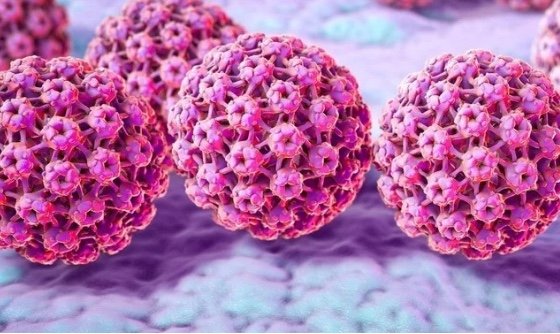
What is HPV?
What causes it? Common symptoms? How can it be prevented?
The Human Papillomavirus (HPV) is a common STI caused by human papillomavirus. There are over 100 types of HPV. Some types cause warts on various parts of the body, and some can lead to different types of cancers, including cervical cancer.
However, most HPV infections do not cause cancer.
Causes
HPV is transmitted through skin-to-skin contact or sex. With skin-to-skin contact, this infection can be transmitted through cuts, abrasion or tears in your skin.
Genital HPV infections are transmitted through anal or vaginal sex. It can also be transmitted through skin-to-skin contact in and around the genital area.
Some types of HPV are transmitted through oral sex. This is mostly infections that result in oral lesions.
Warning!
Pregnant women with genital warts from HPV infection can pass the infection to their baby. It is important to talk to your doctor about this.
Risk factors
- Many sexual partners – The more the sexual partners, the higher the likelihood of contacting HPV.
- Age – Genital warts often occur in adolescents and young adults while common warts occur in children
- Weak immune system – A weak immune system struggles to fight infections.
- Damaged skin – increases chances of a skin-to-skin infection
- Touching people’s warts or surfaces that have been exposed to HPV
First symptoms of HPV
Many people with HPV don’t develop any symptoms but can still infect others.
The most common sign of HPV is warts in various parts of the body. There are various types of warts and they differ in appearance and where they occur.
For instance, common warts look rough with raised bumps and they mostly appear on the hands and fingers. Plantar warts are hard and grainy and may appear on your heels.
Genital warts can be raised or flat, small or large. In some cases, they appear to have a cauliflower-like shape. Most of the time, they are painless.
Related: What Are Genital Warts?
Prevention
- HPV infections that cause common warts are hard to prevent. To prevent the spread and formation of new warts, avoid biting your nails and squeezing the wart.
- Vaccines can help protect against HPV types (strains) that are likely to cause cervical cancer and genital warts.
- Reducing your number of sex partners
- Using a latex condom, which can reduce your risk of HPV transmission
When should I see a doctor?
If you have warts that cause discomfort or pain, seek advice from your doctor. Visit your nearest Marie Stopes Clinic for diagnosis and treatment. To locate a clinic near you, click here. You can also visit your nearest government hospital for treatment services.

Good article
Good article
Hello Faraq, thank you for…
Hello Faraq, thank you for your feedback we appreciate it.
Very useful information…
Very useful information..thanks
Thank you for your feedback…
Thank you for your feedback Fridah, we appreciate it.
A very informative master…
A very informative master-piece
Thank you for your feedback…
Thank you for your feedback Josphat, we appreciate it.
Very educational
Very educational
Thank you for your feedback…
Thank you for your feedback Stella, we appreciate it. Please feel free to go through our website to find other articles that may be of help.
A student in the field of…
A student in the field of medicine it’s really simplify my studies thanks to this platform ?
Hi Evance! We are glad you…
Hi Evance! We are glad you our website is making your studies easier. Feel free to check out other articles on the website.